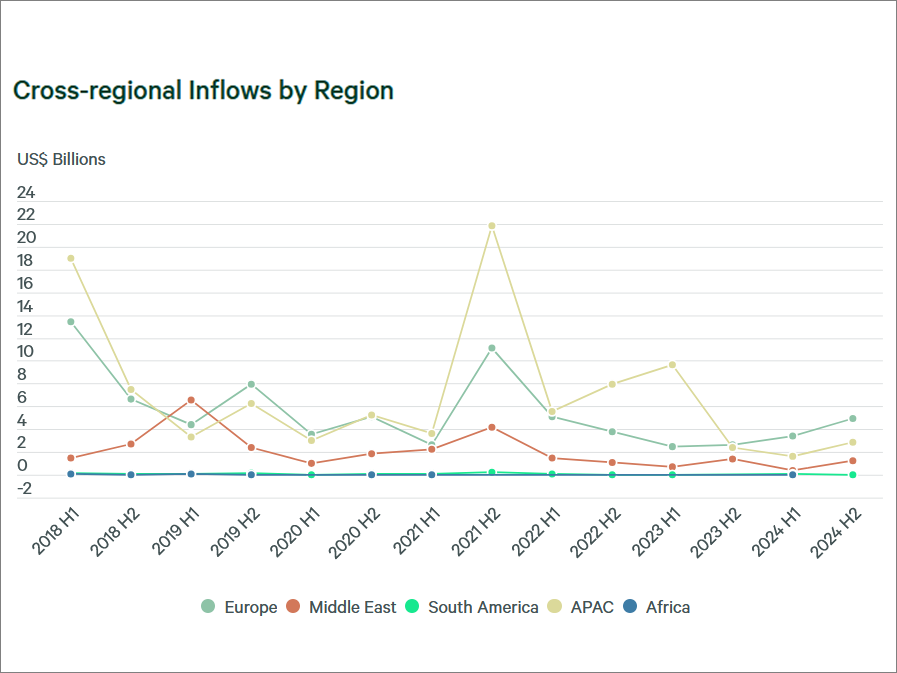Heitman Raises $800M for Latest Debt Fund
The investment vehicle exceeded its $600 million goal.

Heitman has closed its Real Estate Debt Partners III fund with $806 million in capital commitments, surpassing the $600 million target. The investment vehicle will finance projects in both traditional and alternative property sectors.
The company will pursue loan investments ranging from bridge to construction and preferred equity, as well as mezzanine, PERE Credit reported. HDP III is slated to target returns stemming from core-plus to value-add strategies.
A meaningful portion of the fund’s capital will be allocated toward alternative sectors, the same source revealed. One such sector is health-care real estate, where Heitman already teamed up with Catalyst Healthcare Real Estate last July to deploy $300 million in the development of medical office properties across the nation.
READ ALSO: What Defines the Best CRE Investments Today?
Following in the footsteps of its predecessor, HDP III may also target U.S. residential developments, particularly student housing, PERE reported.
Heitman recently made moves in more traditional real estate, purchasing a 300,000-square-foot warehouse in Norfolk, Va. This investment, marking its first U.S. industrial acquisition, aligned with the company’s core-plus strategy.
Heitman’s debt platform had $5.5 billion in assets under management as of December. The firm manages $48 billion in assets globally.
Private lenders step up
As traditional lenders are veering away from providing capital to sectors where they had otherwise been involved for many years, a new opportunity emerges for private entities to fill the void.
The prospect of a recovering market boosts confidence among debt and equity providers. While other sources dried up, private lenders have maintained their involvement and some even expanded their offerings.
One such example is ACORE Capital LP’s Credit Partners II fund. With equity commitments of roughly $1.4 billion, the investment vehicle marked the largest ACORE credit fund focused on originating and managing transitional debt across the U.S.







You must be logged in to post a comment.